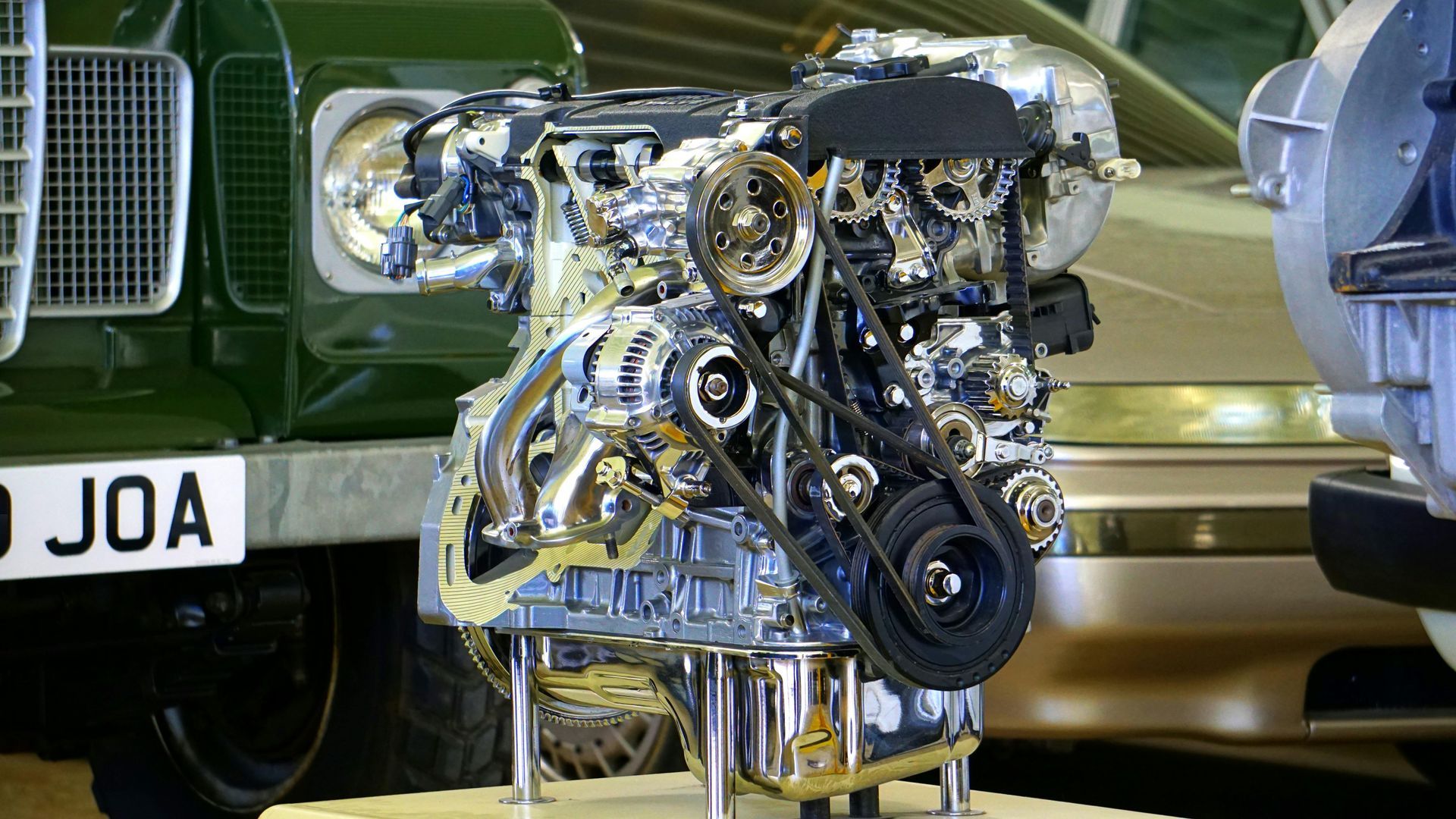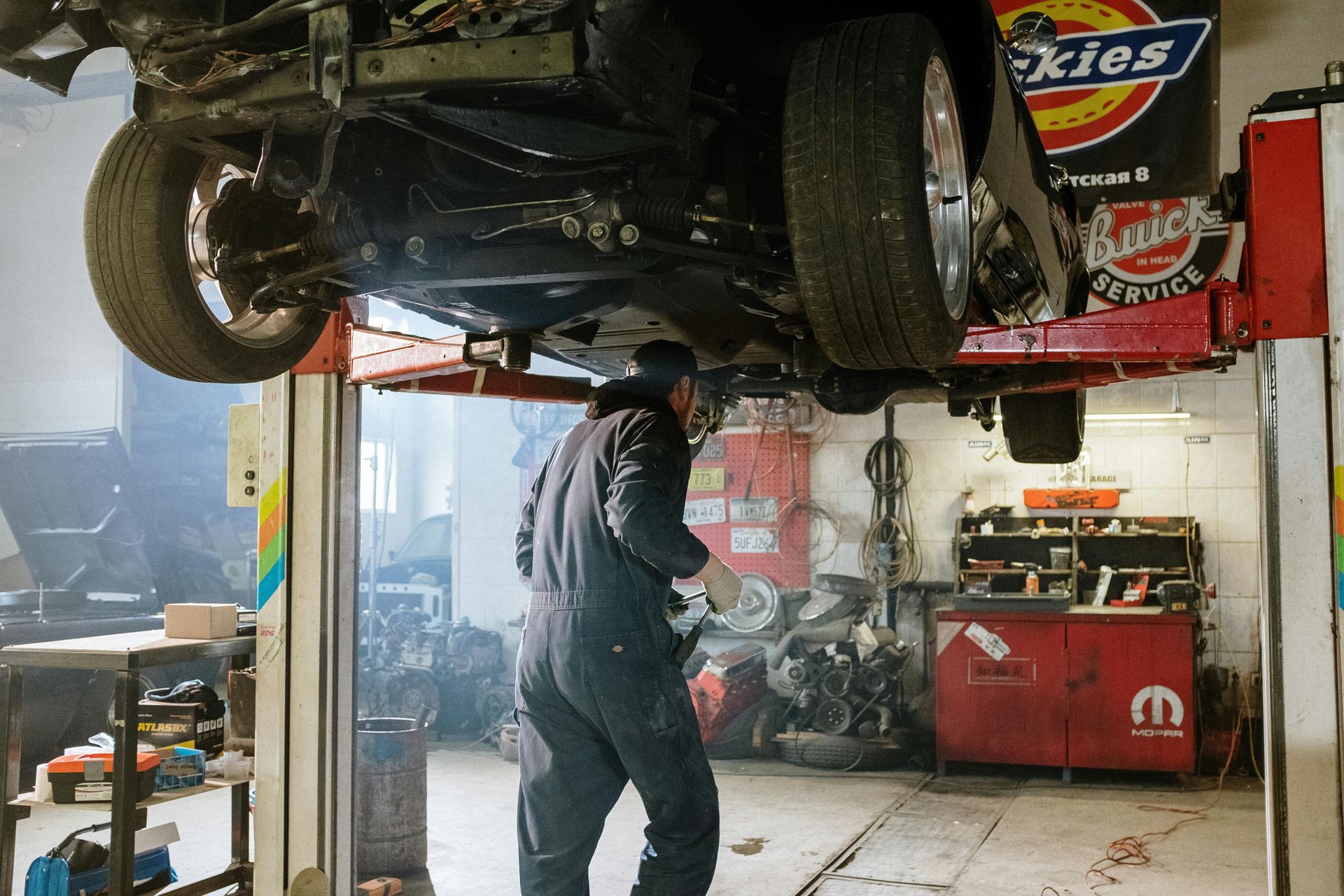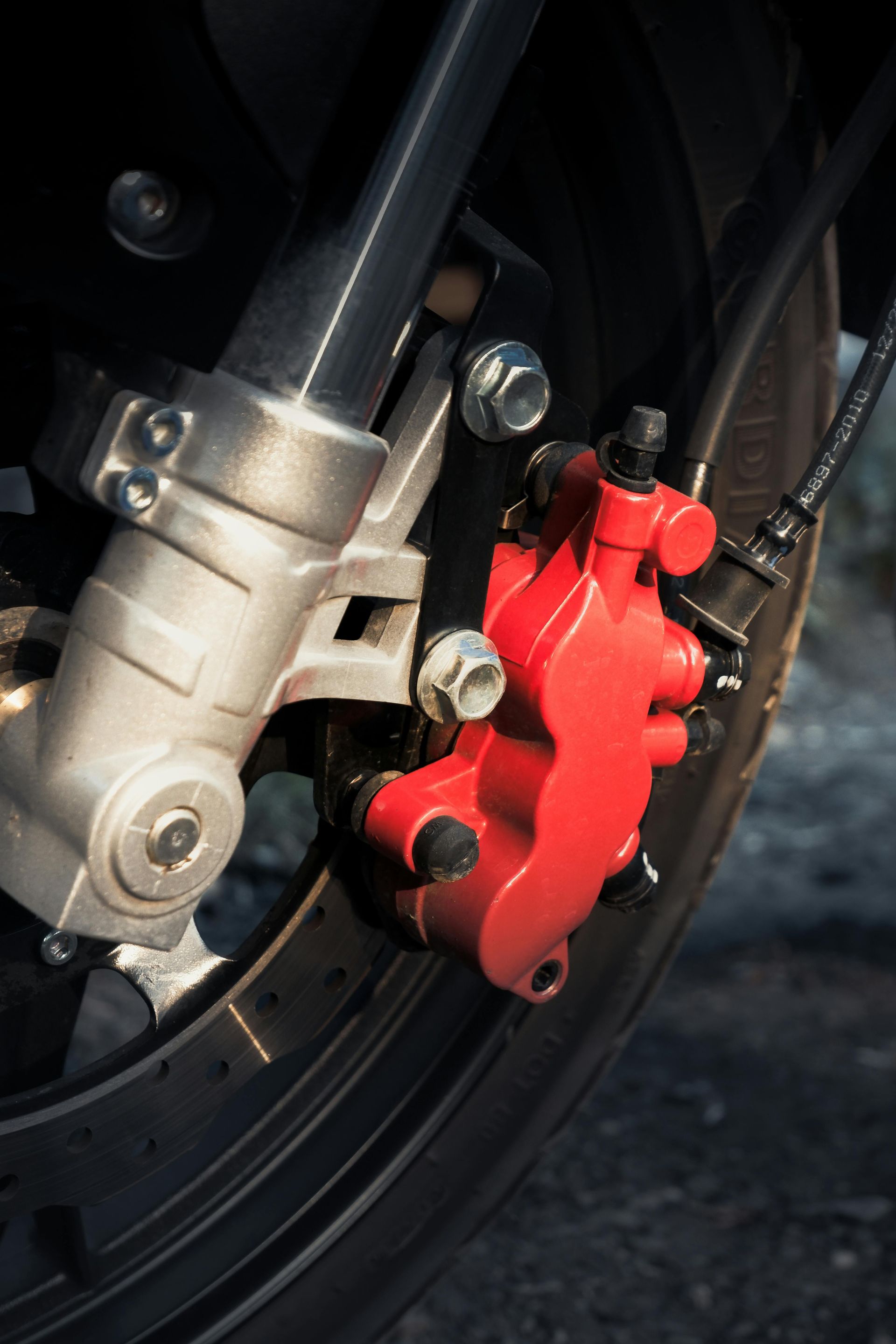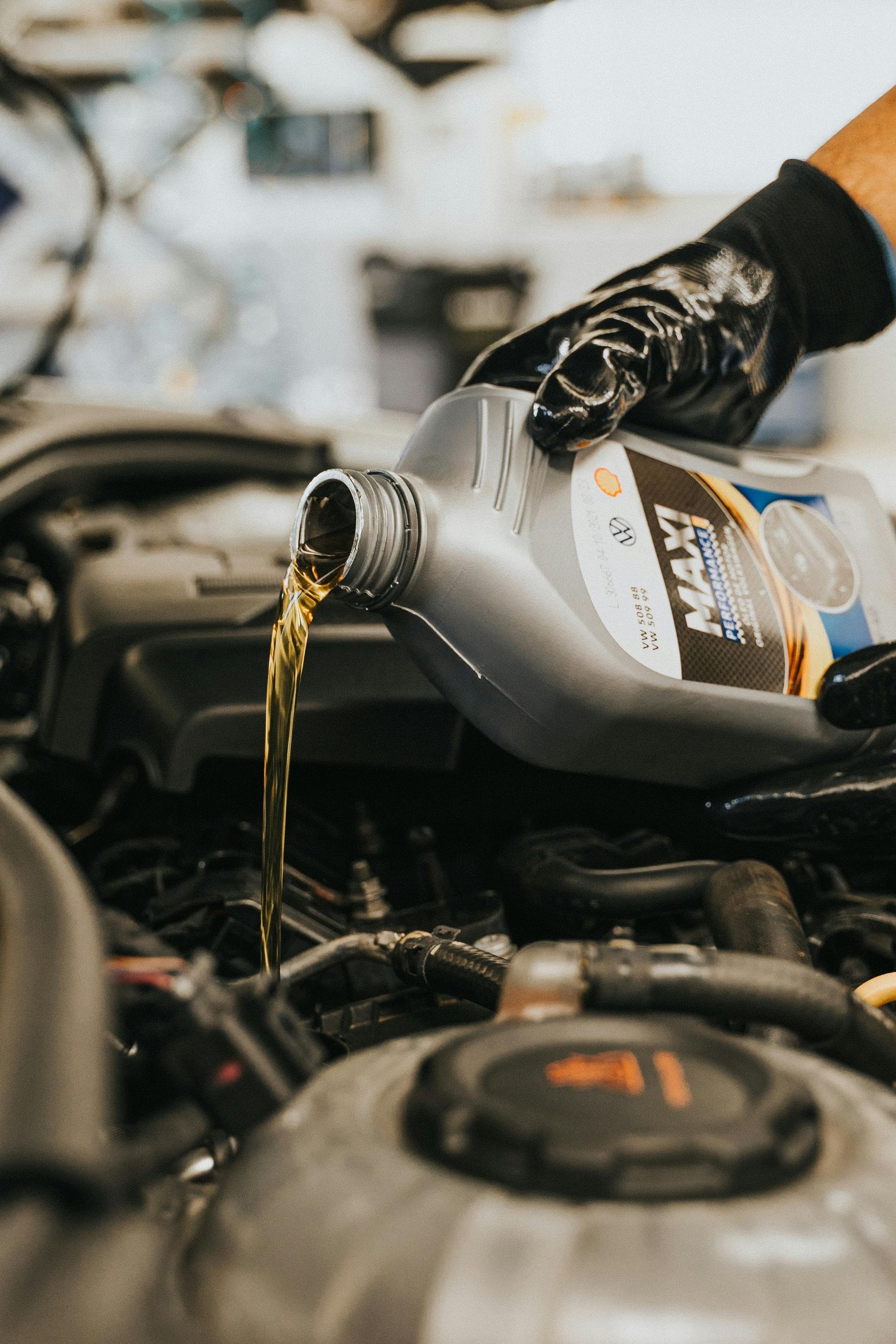Protect Yourself by Visiting The Best Auto Repair Shops in Houston
Car repairs can be a daunting experience, especially when you’re worried about being taken advantage of by dishonest mechanics. Unfortunately, auto repair scams are not uncommon and can result in unnecessary expenses, poor service, and a general mistrust of the industry. However, by educating yourself about these scams and knowing how to spot a trustworthy mechanic, you can protect yourself and ensure that your vehicle is in good hands. This guide will walk you through some of the most common car repair scams and provide tips on how to avoid them, with a focus on the practices of the best auto repair shops in Houston, such as Car Motive Auto .
Unnecessary Repairs: Spotting the Warning Signs
One of the most common car repair scams involves unnecessary repairs. Some mechanics may suggest replacing parts or performing services that aren’t needed, simply to increase the bill. This scam preys on car owners who may not be knowledgeable about vehicle maintenance and repairs, making it difficult for them to question the mechanic’s recommendations.
How It Works
When you bring your car to an auto repair shop for a specific issue, a dishonest mechanic might claim that they found additional problems that need to be addressed immediately. For example, you might go in for a simple oil change, only to be told that your brakes, air filter, or other components also need replacement. The mechanic might use scare tactics, warning you that your car could break down or become unsafe to drive if you don’t agree to the extra repairs.
How to Avoid It
- Get a Second Opinion: If a mechanic suggests multiple repairs that you weren’t expecting, don’t feel pressured to agree right away. Take your car to another shop for a second opinion. The best auto repair shops in Houston, including Car Motive Auto , encourage transparency and are not offended when customers seek additional advice.
- Ask for an Explanation: Request a detailed explanation of why each repair is necessary. A trustworthy mechanic will be able to show you the problem and explain the issue in simple terms.
- Know Your Vehicle: Familiarize yourself with your car’s maintenance schedule and common issues. This knowledge can help you recognize when a repair recommendation seems out of place.
- Research the Shop: Before visiting any auto repair shops nearby, read reviews and check their reputation online. The best mechanics in Houston will have positive feedback and a track record of honesty.
Overcharging for Parts: What You Need to Know
Another common scam involves overcharging for parts. Some mechanics mark up the prices of parts significantly or use lower-quality parts while charging for premium ones. This practice can lead to inflated repair bills and subpar vehicle performance.
How It Works
After diagnosing your car’s issue, the mechanic provides a quote that includes the cost of parts and labor. However, the parts listed on the bill are priced far above market value, or the mechanic uses generic parts while charging for original equipment manufacturer (OEM) parts. As a result, you’re paying more than necessary for parts that may not even meet the original specifications.
How to Avoid It
- Request an Itemized Bill: Always ask for an itemized bill that lists the cost of each part and the labor charges separately. This transparency allows you to compare the prices of the parts with those available online or at local stores.
- Do Your Research: Before agreeing to any repairs, research the cost of the parts that need to be replaced. Many auto parts stores and online retailers provide price information, so you can have an idea of what to expect.
- Choose Shops with Transparent Pricing: The best auto repair shops in Houston, like Car Motive Auto , offer transparent pricing and use high-quality parts. Look for shops that are upfront about their pricing policies and willing to discuss the parts being used in your repair.
- Ask About Warranties: Reputable mechanics stand by the parts they use and offer warranties on both parts and labor. This assurance indicates that the shop is confident in the quality of the parts and the work being performed.
Bait and Switch Tactics: How to Protect Yourself
The bait and switch tactic is a deceptive practice that some auto repair shops use to lure customers with low prices, only to charge much more once the vehicle is in the shop. This scam can be particularly frustrating because it often targets customers who are trying to save money on repairs.
How It Works
An auto repair shop advertises a service at an unusually low price, such as a discounted oil change or brake service. When you bring your car in for the advertised service, the mechanic informs you that the service is only available under specific conditions or that additional repairs are required, which significantly increases the final cost. In some cases, the mechanic might even start the work without your consent and then demand payment for the additional repairs.
How to Avoid It
- Get a Written Estimate: Before any work begins, ask for a written estimate that includes the total cost of the repairs. This estimate should detail the work to be done and the price of each service. The best auto repair shops in Houston, such as Car Motive Auto , will provide this information upfront and honor the quoted price.
- Confirm Costs Beforehand: If the shop claims that additional repairs are needed, ask for a detailed explanation and confirm the costs before agreeing to any work. Make sure you understand exactly what you’re paying for and why.
- Be Wary of Unsolicited Repairs: If a mechanic starts performing repairs that you didn’t authorize, you have the right to refuse payment for those services. A reputable mechanic will always seek your approval before beginning any additional work.
- Choose Trusted Mechanics: The best mechanics in Houston won’t need to resort to bait and switch tactics to attract customers. Look for shops with a solid reputation for honesty and fair pricing. Check out some of our amazing reviews .
Pressure Tactics: Don’t Be Rushed Into a Decision
Some auto repair shops use high-pressure tactics to rush customers into agreeing to repairs. These tactics can make you feel stressed and unsure, leading to decisions that you might later regret. Whether it’s creating a sense of urgency or using intimidating language, these tactics are designed to get you to agree to repairs without fully understanding the situation.
How It Works
The mechanic might tell you that your car is unsafe to drive or that the repair needs to be done immediately to avoid further damage. They may also use technical jargon or act impatient when you ask questions. This creates a sense of urgency, making you feel like you have no choice but to agree to the repairs on the spot.
How to Avoid It
- Take Your Time: Even if a repair seems urgent, you have the right to take time to think about it or seek a second opinion. A trustworthy mechanic will understand your need to make an informed decision.
- Ask Questions: Don’t be afraid to ask questions about the repairs, the cost, and the timeline. A reputable mechanic will take the time to answer your questions and ensure that you feel comfortable with the decision.
- Look for Red Flags: High-pressure tactics, such as refusing to answer questions, using scare tactics, or rushing you into a decision, are red flags. If you feel uncomfortable, it’s best to walk away and find another shop.
- Know Your Rights: You are not obligated to agree to any repairs that you don’t fully understand or feel comfortable with. Remember that you have the right to say no and seek another opinion.
How Car Motive Auto Operates
At Car Motive Auto , we pride ourselves on transparency, quality service, and customer satisfaction. We understand that building trust with our customers is essential for long-term success, and we go above and beyond to ensure that our customers feel confident in our services .
What Sets Us Apart
- Transparent Pricing: We provide detailed estimates and clear explanations of the work that needs to be done. We avoid hidden fees and ensure that you know exactly what you’re paying for.
- Quality Parts and Service: We use high-quality parts and stand by our work with warranties. We believe in doing the job right the first time, so you don’t have to worry about repeat repairs.
- Customer Education: We take the time to educate our customers about their vehicle’s needs. Whether it’s explaining the importance of regular maintenance or walking you through a complex repair, we ensure that you understand the work being done.
- Positive Reputation: We have built a strong reputation based on customer reviews, word-of-mouth recommendations, and our commitment to excellence. We are known for our honesty, reliability, and dedication to customer satisfaction.
Conclusion
When it comes to car repairs, knowledge is power. By understanding the most common car repair scams and how to avoid them, you can protect yourself from unnecessary expenses and ensure that your vehicle is in good hands. Whether you’re searching for auto repair shops nearby, it’s essential to choose a shop that values transparency, quality service, and customer satisfaction.
At Car Motive Auto , we operate with integrity and are committed to building long-term relationships with our customers. Don’t be afraid to ask questions, seek second opinions, and take your time when making decisions about your vehicle’s repairs. By staying informed and choosing a trusted mechanic, you can save money by making informed decisions and avoid unnecessary stress.
Next time when you’re looking for “auto repair shops near me” or the “best mechanic in Houston,” use the insights from this guide to find a shop that aligns with your values and expectations. At Car Motive Auto , we’re here to provide you with honest, transparent service that you can trust.
If you’re in Houston and need reliable car repairs, don’t settle for anything less than the best. Schedule an appointment with Car Motive Auto today for service you can trust. Your car deserves the best, and so do you.









